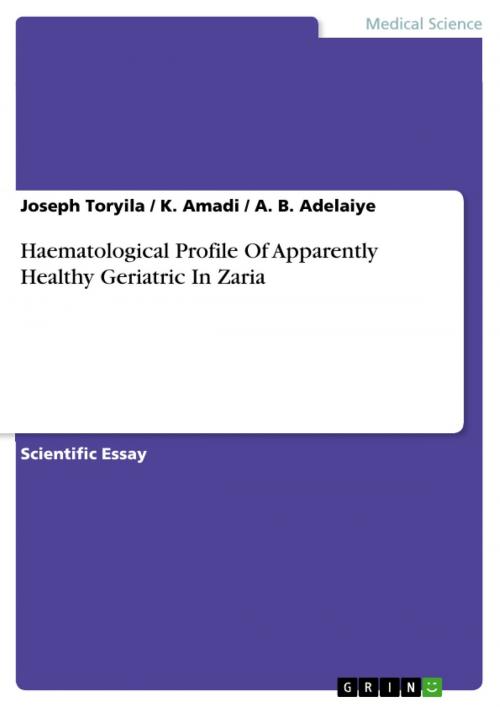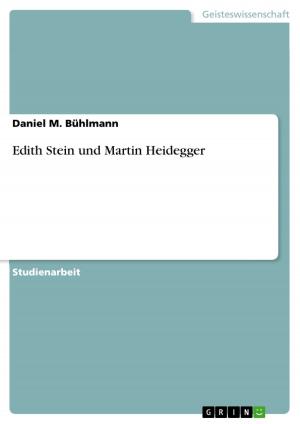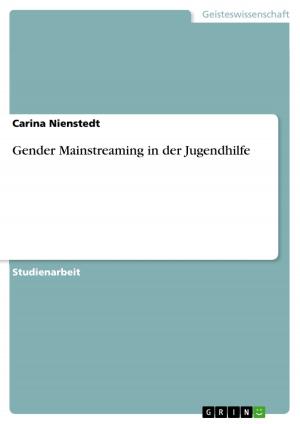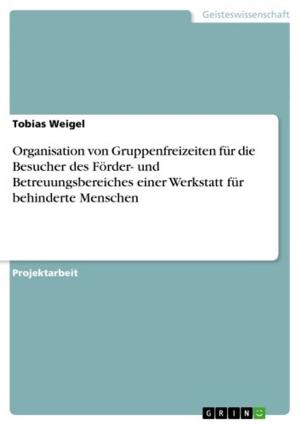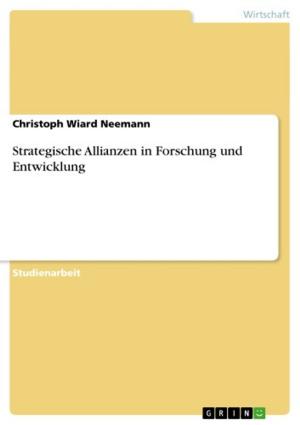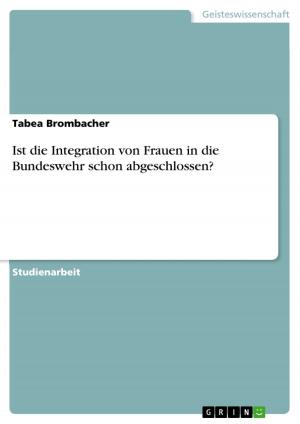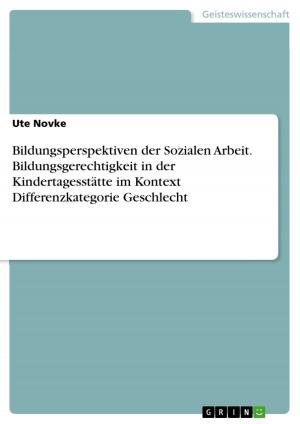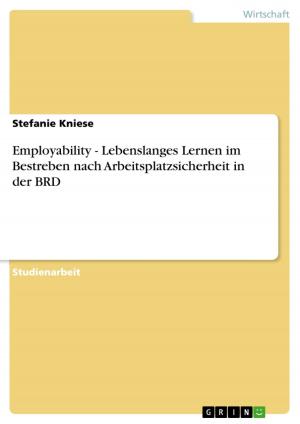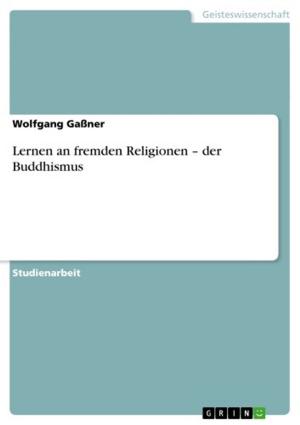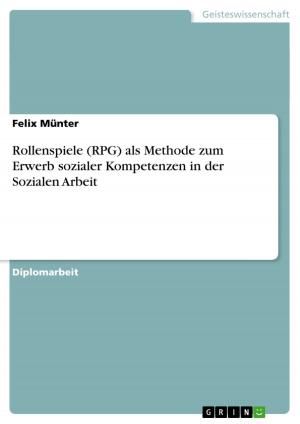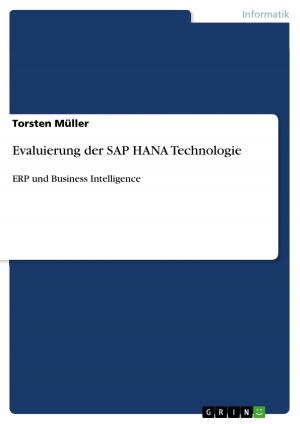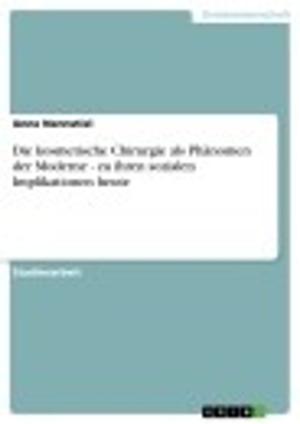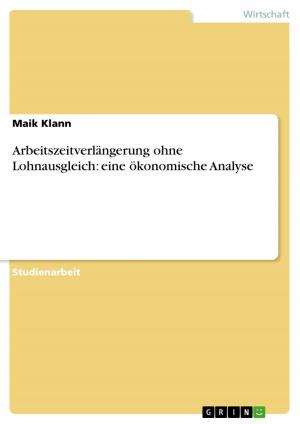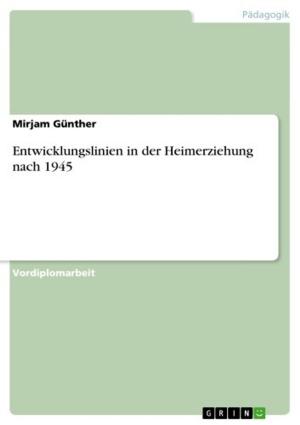Haematological Profile Of Apparently Healthy Geriatric In Zaria
Nonfiction, Health & Well Being, Medical, Specialties, Internal Medicine, General| Author: | A. B. Adelaiye, K. Amadi, Joseph Toryila | ISBN: | 9783656186922 |
| Publisher: | GRIN Verlag | Publication: | May 9, 2012 |
| Imprint: | GRIN Verlag | Language: | English |
| Author: | A. B. Adelaiye, K. Amadi, Joseph Toryila |
| ISBN: | 9783656186922 |
| Publisher: | GRIN Verlag |
| Publication: | May 9, 2012 |
| Imprint: | GRIN Verlag |
| Language: | English |
Scientific Essay from the year 2008 in the subject Medicine - Internal Medicine, grade: B, University of Jos, course: HUMAN PHSIOLOGY, language: English, abstract: The haematological profile of four hundred (400) apparently health adult Nigerian residing in Zaria, aged 60-85years old were studied and compared with young adults control 20-30 years in order to establish haematological reference values for the aged men and women. Haematocrit, haemoglobin, red blood cell counts, white blood cell counts, differential white blood cell counts, platelet counts, mean cell volume, means cell haemoglobin and mean cell Haemoglobin concentration were analyzed using cell Haematology analyzer (CELL Dyn 4000) and erythrocyte sedimentation rate (ESR) was determined using westergreen method. The mean value of RBC count, Hb, Hct, WBC count, Platelet count and neutrophils were significantly lower in apparently healthy elderly male and female (P<0.001) than in control. All hematological parameters estimated showed sex and age related differences except basophils and MCHC. ESR showed sex and age differences with higher mean value in apparently healthy elderly females. A slight decrease in the mean values of neutrophils was observed in both sexes and ages. Mean value of MCV, MCH, lymphocytes, eosinophils and monocytes were significantly increased in the elderly males and females compared to those in the young adult control (P<0.001). Based on physiological variation (age and sex) the reference value for fourteen (14) haematological constituents of blood have been estimated, in order to provide medically reliable evaluation of haematological values in the elderly males and females. The use of seperates reference haematological values for the aged adults is hereby advocated; further study to ascertain the actual causes of low haemalogical value in the elderly is hereby recommended.
Scientific Essay from the year 2008 in the subject Medicine - Internal Medicine, grade: B, University of Jos, course: HUMAN PHSIOLOGY, language: English, abstract: The haematological profile of four hundred (400) apparently health adult Nigerian residing in Zaria, aged 60-85years old were studied and compared with young adults control 20-30 years in order to establish haematological reference values for the aged men and women. Haematocrit, haemoglobin, red blood cell counts, white blood cell counts, differential white blood cell counts, platelet counts, mean cell volume, means cell haemoglobin and mean cell Haemoglobin concentration were analyzed using cell Haematology analyzer (CELL Dyn 4000) and erythrocyte sedimentation rate (ESR) was determined using westergreen method. The mean value of RBC count, Hb, Hct, WBC count, Platelet count and neutrophils were significantly lower in apparently healthy elderly male and female (P<0.001) than in control. All hematological parameters estimated showed sex and age related differences except basophils and MCHC. ESR showed sex and age differences with higher mean value in apparently healthy elderly females. A slight decrease in the mean values of neutrophils was observed in both sexes and ages. Mean value of MCV, MCH, lymphocytes, eosinophils and monocytes were significantly increased in the elderly males and females compared to those in the young adult control (P<0.001). Based on physiological variation (age and sex) the reference value for fourteen (14) haematological constituents of blood have been estimated, in order to provide medically reliable evaluation of haematological values in the elderly males and females. The use of seperates reference haematological values for the aged adults is hereby advocated; further study to ascertain the actual causes of low haemalogical value in the elderly is hereby recommended.
